At Digital Waves, a new video talkshow powered by Silicon Canals and digital boutique Node1, we got the chance to sit down with Avishai Trabelsi, the founder, and CEO of thriving Dutch startup Quicargo.
Businesses big and small continuously struggle with inefficiency in the road freight industry, which makes it tough to establish a direct connection between the businesses in need of transport and trucking companies.
Quicargo, a Dutch logistics startup that launched in the summer of 2017, aims to address this inefficiency and tackles it by matching businesses to (partially) empty trucks. Go check out the talkshow below.
Digital Waves #1: Quicargo:
Below, an excerpt of the interview, edited for clarity and length:
Silicon Canals (SC): What do you do at Quicargo?
Avishai Trabelsi (AT): Of the trucks you see on the European roads, 50% are usually empty. In domestic areas, 30% are completely empty and another 30% are partly empty. Of course, you cannot utilize everything but you can bring about some difference. As you have already paid the expenses, filling the empty or partly empty trucks is pure profit.
SC: Are you a matchmaking platform, almost like a “Tinder for Trucks”?
AT: We’re not only matchmaking, we’re going to the date as well. After we do the match, we make sure everything is in order. We do this by connecting to the planning system of the logistics companies. We have a huge database of routes and availability capacity in the cargo space. We manage the transactions, make the payments, do the paperwork and ensure everything is in order. Eventually, we save time for both parties and take over all the transactions.
SC: Why the Netherlands was your choice in particular?
AT: I spent three months in Germany, Poland, the UK and the Netherlands and discussed with many companies to ensure that it is the right market. Also, it took a lot of research. I found the Netherlands suitable to start the logistics business for two reasons.
Firstly, the country is the hub of logistics. Cities such as Schiphol, Rotterdam, and Venlo are concentrating on a lot of goods. Secondly, the country connects to the Ruhr areas in Germany and the Flemish part of Belgium. This makes the Netherlands the densest area of goods in Europe. To be precise, this is about 30% of all of Europe.
SC: Can you brief out about your expansion in Germany and Belgium?
AT: Quicargo is expanding its presence to Germany and Belgium. We are fast in these two locations as we found an opportunity in these markets. In Belgium, we will have a commercial office and support the same from Amsterdam. In Germany, we will open a new office.
SC: When are you going to raise Series A funding?
AT: As we are expanding to Germany and Belgium faster, we are going to be a little bit earlier to our series A funding. We do have supportive investors supporting us who will help us get this round but it is challenging. Now we are going to a professional investor, a bunch of capitals something different but we will do it.
SC: Besides the Netherlands, Belgium, and Germany, what other markets do you find interesting?
AT: Well, we are looking forward to expanding to the western and northwest European countries as the way of working is more or less the same. Especially, they are looking at the Benelux, Germany and the UK.
Stay tuned to Silicon Canals and Digital Waves on YouTube for more updates from the tech startup world.



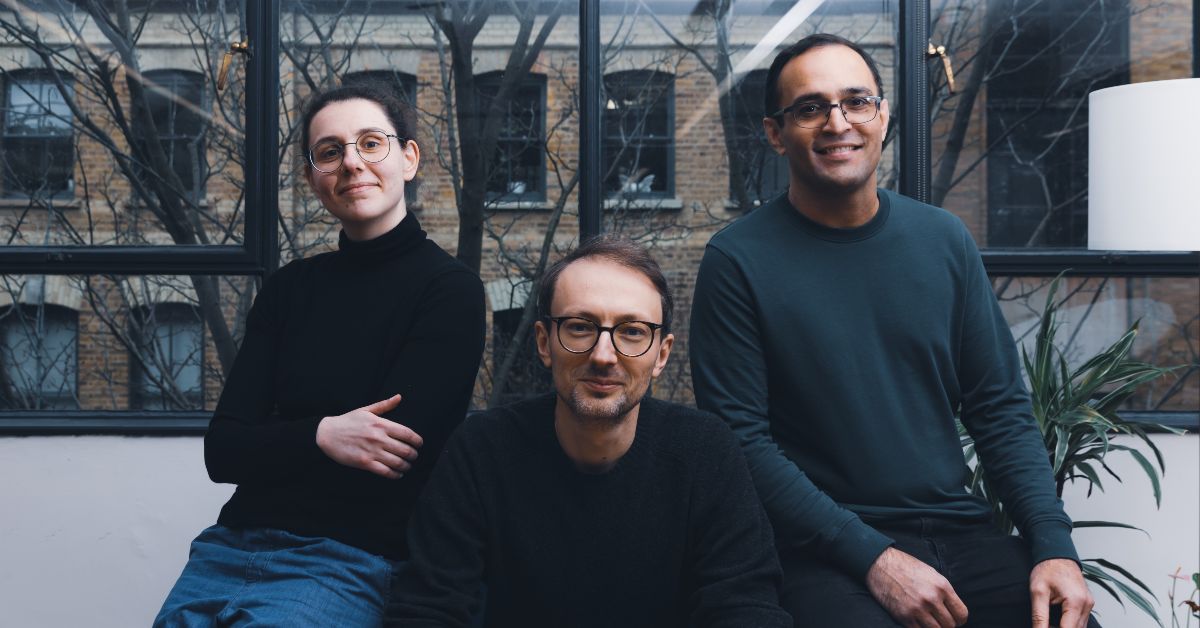
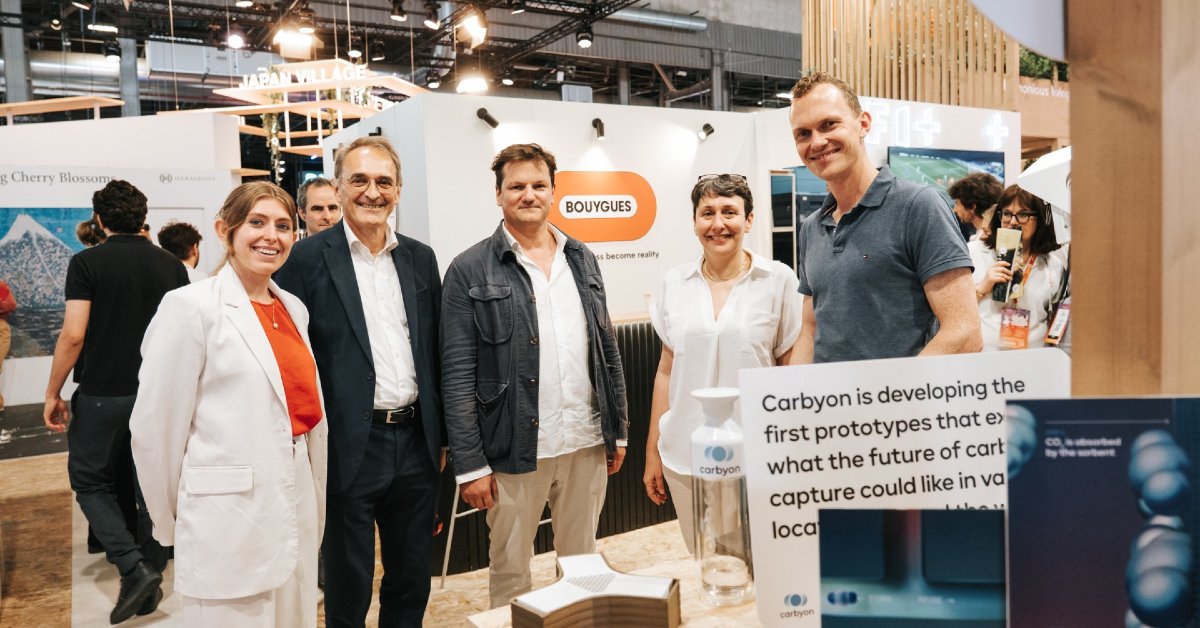
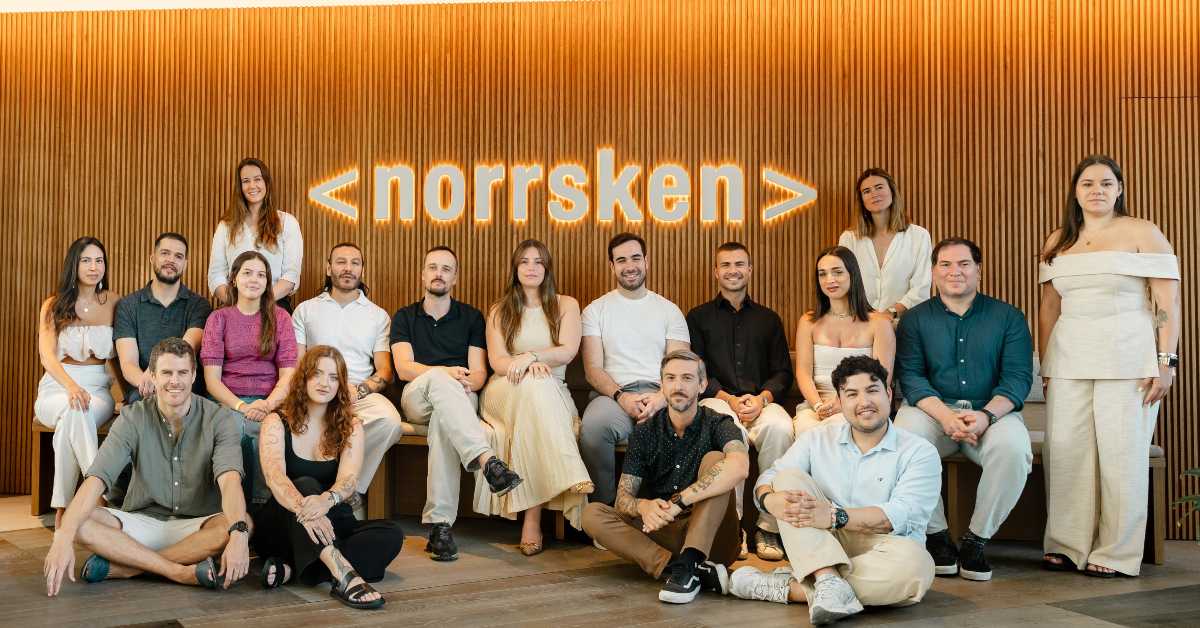
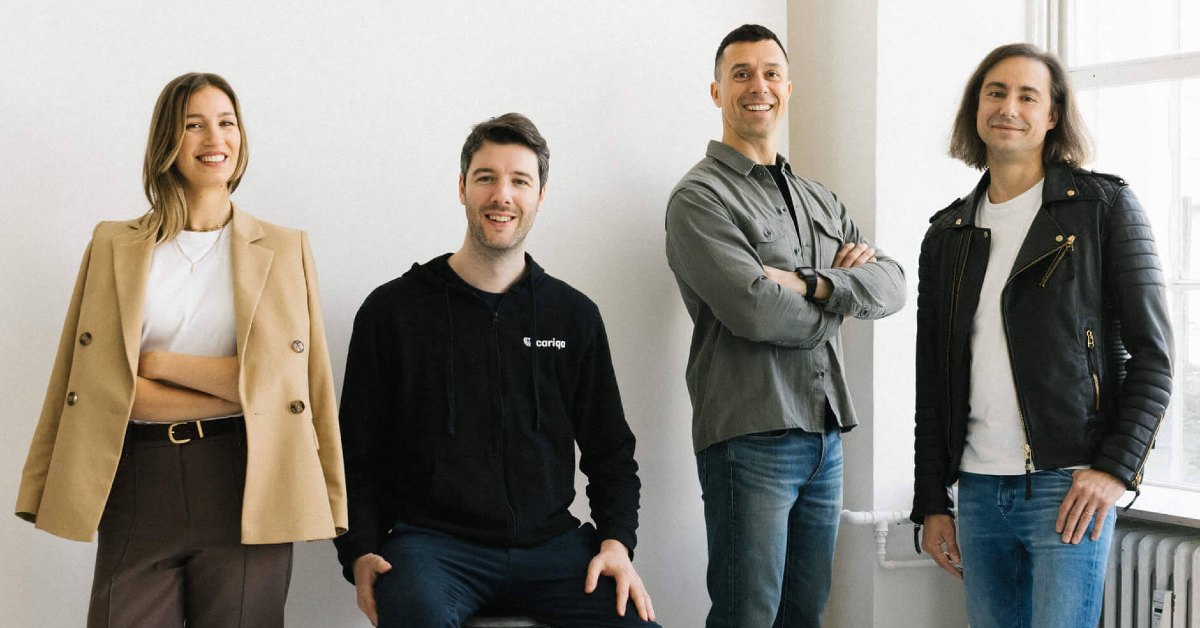
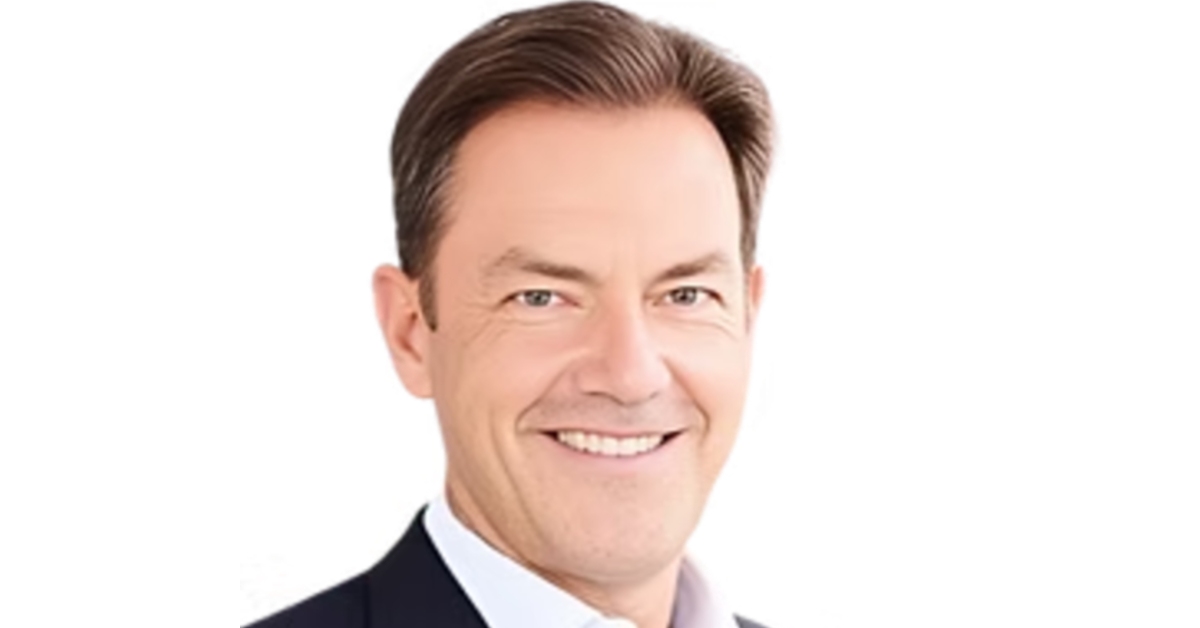
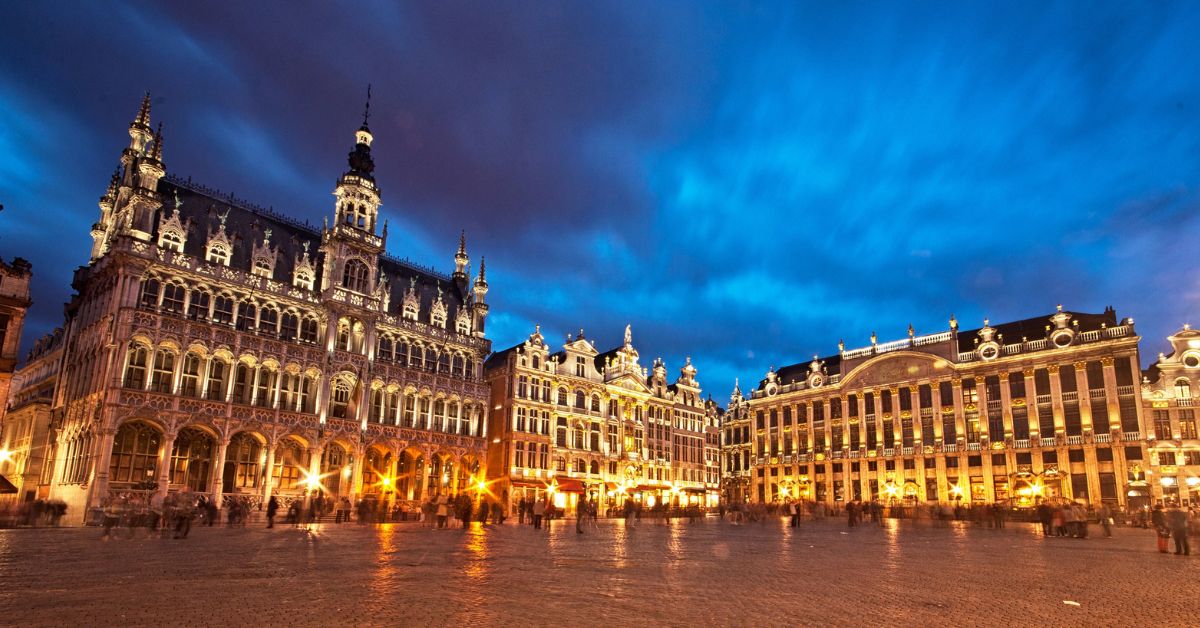

01
From telecom veteran to Dutch Startup Visa success: The Jignesh Dave story